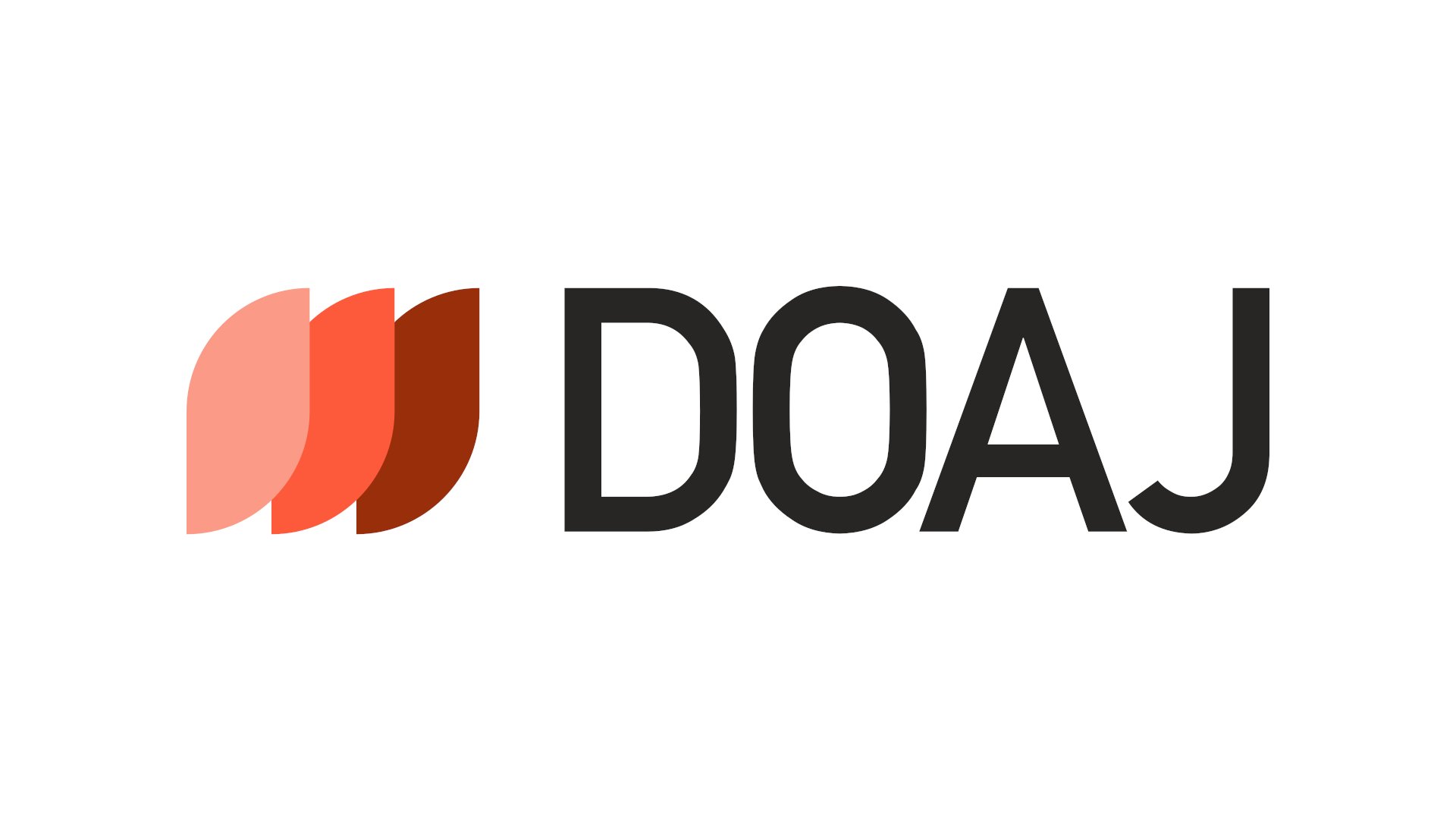A Review on Deep Reinforcement Learning for Autonomous Driving
Abstract
Autonomous driving technology has gained significant attention, offering opportunities to modernize transportation systems worldwide. Deep reinforcement learning (DRL) has emerged as a robust approach to design smart driving policies for intricate and changeable environments. This paper provides a detailed investigation of state-of-the-art DRL methodologies that are effectively applied to autonomous driving. It begins by providing a clear explanation of the fundamental concepts of deep learning and reinforced learning, highlighting their application for control of self-driving vehicles. Consequently, the paper presents an overview of various DRL algorithms, including Deep Q-Networks (DQN), Deep Deterministic Policy Gradients (DDPG), and Actor-Critic methods, describing their structures, training approaches, and applications in autonomous driving situations. Recent advancements in DRL research, such as domain adaptation, imitation learning, and meta-learning, have also been addressed in the study, with an investigation of their potential implications for autonomous driving. Via a thorough assessment of current literature, key trends, challenges, and research directions have been identified for exploiting DRL in autonomous car development. This review intends to provide a comprehensive understanding of the current and future possibilities of DRL for self-driving vehicles to researchers, practitioners, and enthusiasts.
Published
Issue
Section
License
Copyright (c) 2024 zheen kamil, Adnan Mohsin Abdulazeez

This work is licensed under a Creative Commons Attribution-ShareAlike 4.0 International License.



